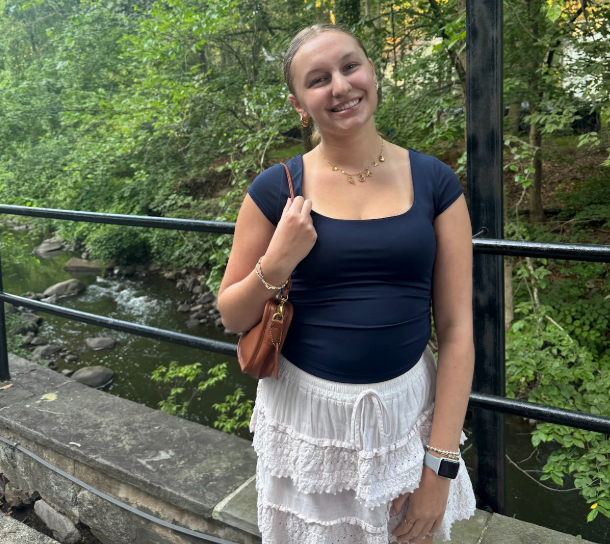Mozambique becomes 21st African country to decriminalize homosexuality
- Jun 9, 2015
- 2 min read
Mozambique has become the 21st and latest African country to decriminalize homosexuality, breaking away from their largely discriminatory and homophobic past. The landmark legislation is set to pass on June 29.
The previous penal code had been in place since Mozambique was a Portuguese colony, and was written in 1887.
It has taken the government about six months to update the penal code that former President Armando Guebuza singed in December last year, which provided “security measures” to be enforced against anyone “who habitually engages in vices against nature”.
“I think it’s a good sign that these people won’t be put to death by the government, but that obviously won’t stop them from being killed or at least severely injured by acts of discrimination. Plus, all of these punishments show that there is still a lot of room for improvement. Even in America, millions are exposed to acts of hate each day despite the countless laws against sexual discrimination. This is proof that there’s still a ton to fix,” said junior Raksha Dondapati.
Once Mozambique’s new laws go into effect, there will still be 35 African countries that deem homosexuality a criminal act, and 78 throughout the entire world.
Africa has a long history of discriminating against the gay community. President of Zimbabwe, Robert Mugabe, has said that homosexuality is an invention of the west that will “disturb the African moral fabric”.
Gambian president, Yahya Jammeh, called the gay community “satanic”.
Sudan and Mauritania enforce the death penalty purely for being homosexual. Last month, Malawi, also in southeast Africa, rejected recommendations from the United Nations to decriminalize homosexuality despite 41 state parties pushing to maintain criminalization. And last year, Nigeria, Uganda, and Gambia passed laws that would create harsher penalties for homosexuality.
“All over the world, people cannot be who they are. It’s a shame that people are punished for this and although other countries are becoming more open to LGBT people, there needs to be a lot more change,” said junior Harshini Mali.
It hurts to see the struggles of the LGBT+ community throughout the world. Even in 2015, millions of people are abused, discriminated against, and even murdered purely for who they love or how they identify themselves. Even in Mozambique, the majority of the LGBT+ spectrum is not protected by this new legislation.
It is extremely important for us as teenagers, as Americans, and as humans to shed light on these situations and keep our eyes open for discrimination around us in order to create a safer and more accepting world for the LGBT+ community, as well as any other minority.
While the code was edited, there are still no laws protecting violent or non-violent forms of discrimination toward those in the LGBT+ community. This does not mean gay marriage is legal or homosexuality is suddenly accepted in Mozambique. There is still a long way to go for full freedom for the LGBT+ in this country and many like it.
Homophobia does not end with a simple legislation, and although it is a major milestone, the fight to be treated as any human should be still rages on.
Have you ever seen/experienced discrimination of the LGBT+ community in your everyday life? Tell us below!







Comments